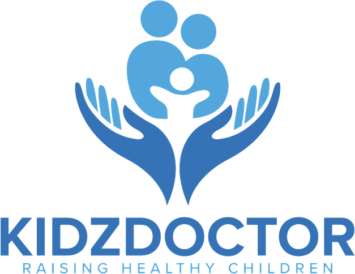Conditions that can be confused with ADHD
When faced with behaviours of concern, parents often seek an assessment for Attention Deficit and Hyperactivity Disorder (ADHD). In this article, I will highlight conditions that present with ADHD-like symptoms. Awareness of these conditions offers the opportunity to direct appropriate interventions.

Every child is born with a different temperament which can include being very active. It is not uncommon for parents to become concerned particularly when this behaviour is markedly different from their own temperament.
Some behaviour problems e.g. hyperactivity, may be temporary and reflect a response to a life stressor like moving house or a new sibling. In other cases, the behaviour may represent a more persistent issue in the child’s life.
Oppositional and defiant behaviours can be a normal part of child development. One example is the way toddlers forcefully assert themselves. Young children explore and develop their skills through movement and play. A high level of activity and impulsivity is normal at this age. This behaviour can persist particularly in children with developmental delays. Similarly, a child who is not able to communicate their feelings or needs becomes easily frustrated, often manifesting as aggression. Even older children need lots of physical activity. Lack of enough exercise will result in a fidgety child.
Insufficient sleep has a negative impact on a child’s emotion, behaviour, and learning. Paradoxically, children become hyperactive and disruptive when they are sleep deprived.
Missed meals can result in irritability due to a low blood sugar.
Health conditions such as seizures, visual or hearing problems can present as inattention or talking loudly.
Sensory seeking children seek out sensory input by moving, jumping etc.
Children with disruptive disorders including conduct disorder or oppositional defiance, are often touchy, easily annoyed, short tempered, argumentative and tend to annoy others.
Emotional problems including anxiety and mood disorders can be hard to identify in children. Children may present with physical symptoms but can also manifest as irritability, anger and disruptive behaviour.
Learning differences may cause child to “tune out”, avoid work or become disruptive. A child may “act out” of frustration or to avoid appearing stupid.
Neurobehavioural features associated with autism include anger outbursts, irritability, aggression, hyperactivity, impusivity, and emotional dysregulation.
To summarise, a child’s challenging behavior can be due to several different factors-a thorough assessment and understanding will help identify these and direct appropriate interventions thus ensuring a better outcome for your child.

